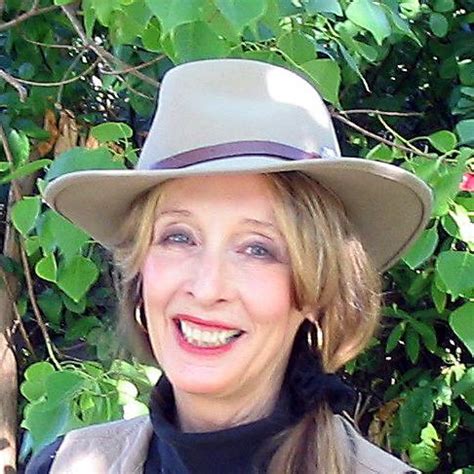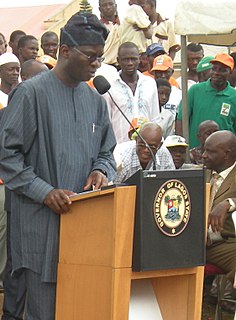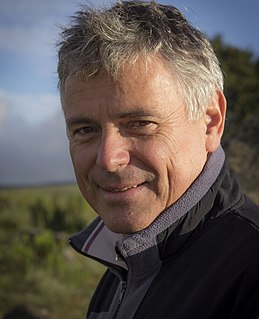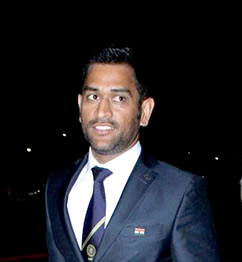A Quote by Joan Wallach Scott
We've increasingly lost that sense of community, of the notion that there is something we contribute to and benefit from that is called the common good.
Quote Topics
Related Quotes
We've increasingly lost that sense of community, of the notion that there is something we contribute to and benefit from that is called the common good. I think I would date the beginnings of that loss to the Reagan administration and to the notion that somehow we were all separate individuals who only ought to be interested in ourselves.
The tax upon land values is the most just and equal of all taxes. It falls only upon those who receive from society a peculiar and valuable benefit, and upon them in proportion to the benefit they receive.It is the taking by the community for the use of the community of that value which is the creation of the community. It is the application of the common property to common uses. When all rent is taken by taxation for the needs of the community, then will the equality ordained by nature be attained.
[The notion of equilibrium] is a notion which can be employed usefully in varying degrees of looseness. It is an absolutely indispensable part of the toolbag of the economist and one which he can often contribute usefully to other sciences which are occasionally apt to get lost in the trackless exfoliations of purely dynamic systems.
I think I got from my father and my mother a sense of morality, of the do's and don't's in society; the notion that good people don't do this; good people are responsible, good people participate in community, and good people vote, good people own land. These were things I heard from my father's pulpit.






































